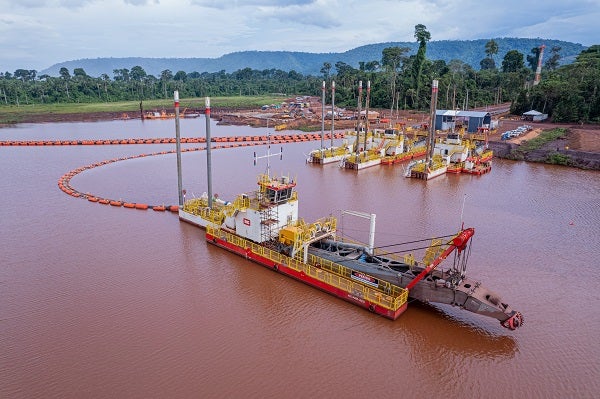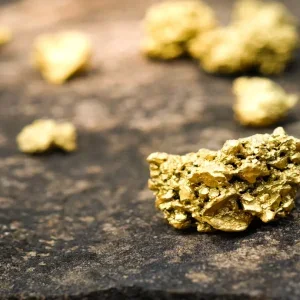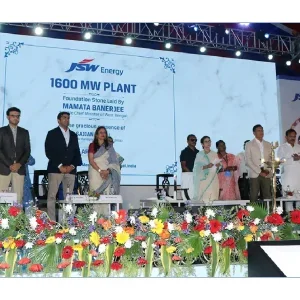
Brazilian metals and mining company Vale has started processing the 37-year-old tailings deposited at the Gelado dam in the Carajás region to produce high-quality pellet feed.
The Gelado project includes converting tailings that have been deposited since 1985 when the company began operating in the region.
In addition to sustainably processing the tailings, the project will use 100% electric dredges to extract the material, eliminating CO2 emissions.
The Gelado project is expected to have an initial production capacity of five million tons per year and entail an investment of $485m.
The commissioning phase, which includes performance and capacity tests, is expected to be completed in the first half of this year, with operations planned on a continuous basis.
The Gelado project operations manager Roberto Francisco said: “The environmental issue has been in focus since the conception of the Gelado project.
“In addition to desilting the dam, we are reducing the amount of tailings in the structure and transforming them into a new product, avoiding the necessity of future raisings. We do this by focusing on reducing CO2 emissions.”
Vale has been producing iron ore at Carajás and depositing the tailings in the Gelado dam for the last 37 years.
The tailings material is composed of iron ore particles, which cannot be used in the original beneficiation process, along with impurities such as silica and alumina.
The company expects that the Gelado project will reach its capacity of 10 million tons per year, after converting Carajás Plant 1 to natural humidity processing in the next few years.
Vale will use dredges to remove tailings from the dam and send the material for magnetic concentration processing, where a powerful magnet will separate the ferrous particles from the silica and alumina.
The processing will create the end product, a pellet feed to feed the company’s pelletising plant in São Luís, in the state of Maranhão, Brazil.
Vale said that the high-quality pellets produced at the Gelado project will help reduce carbon emissions for steelmaking customers, compared to lower-quality products.






